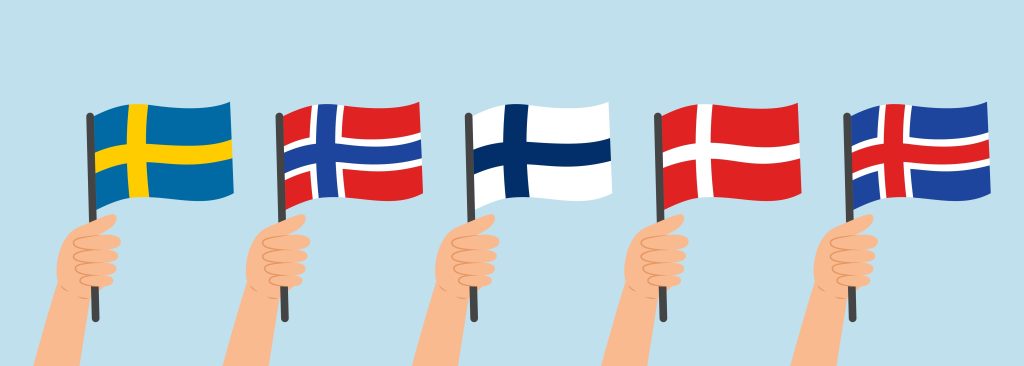The Fight Against Spain’s Proposed Flavour Ban: Consumers Must Act Now!
02nd Dec 2024

Spain has recently initiated a public consultation on a new Draft Royal Decree amending Royal Decree 579/2017, which introduces several concerning measures that could significantly hinder harm reduction efforts. The most contentious proposal for consumers is the inclusion of a flavour ban for vaping products and nicotine pouches. This move is part of a worrying trend, as seven EU member states already enforce flavour bans. If enough member states adopt similar measures, the EU Commission may push for a harmonised flavour ban across the EU – a disaster for the EU public health.
The consultation period closes on 13 December, and it is crucial for consumers to voice their opposition. Submissions should be sent to informacion_publica@sanidad.gob.es with the subject line DG/87/24 APORTACIONES + YOUR NAME.
What’s in the Draft Royal Decree?
For Vaping Products:
- Nicotine Delivery Regulation
Devices must administer consistent nicotine doses under normal use conditions. - Safety Measures
Products must be child-proof, leak-proof, and impossible to tamper with. - Flavour Ban
Only flavouring ingredients that produce a “tobacco taste” are permitted in e-liquids.
For Nicotine Pouches:
- Nicotine Limit
Pouches cannot contain more than 0.99 mg of nicotine per sachet, effectively banning all current products. - Additive Restrictions
Additives that facilitate nicotine absorption, including caffeine, taurine, CBD, or other stimulants, are prohibited. - Flavour Ban
Only “tobacco flavours” are allowed.
The Real-World Consequences of a Flavour Ban
Flavour bans are often touted as measures to reduce youth vaping, but they come with a host of unintended and harmful consequences:
- Increased Smoking Rates: Many vapers rely on flavours to avoid relapsing into smoking. Removing them may push former smokers back to cigarettes, undermining harm reduction efforts.
- Youth Access and Black Markets: Prohibition often fuels illicit markets, making unregulated, unsafe products more accessible to youth.
- Economic Impact: A flavour ban would eliminate jobs and innovation in a sector focused on providing safer alternatives to smoking.
- Public Health Repercussions: A safer nicotine consumption landscape would be replaced by unregulated products, drastically increasing public health risks.
Lack of Clarity and Feasibility
The Draft Royal Decree lacks guidance on creating “tobacco-only” flavours. Some advocates, such as Anesvap, propose a blacklist of harmful ingredients, but Spain might adopt the disastrous “white list” approach from the Netherlands, which restricts innovation and reduces consumer choice.
For nicotine pouches, the arbitrarily low nicotine limit of 0.99 mg per sachet is not only impractical but would entirely eliminate the category, effectively protecting combustible tobacco by removing safer alternatives.
Why This Matters for the EU
Spain’s measures could set a dangerous precedent. If enough member states enforce flavour bans and excessive restrictions, the EU Commission could impose a unified flavour ban across the EU. The stakes are high—not just for Spain but for harm reduction advocates across Europe.
How to Oppose the Draft Royal Decree
- Submit Feedback: Write to informacion_publica@sanidad.gob.es before 13 December. Use the subject line DG/87/24 APORTACIONES + YOUR NAME.
- Address Key Points: Highlight the unintended consequences of flavour bans, including their impact on public health and harm reduction. Tell the story about how you managed to quit smoking with the help of flavoured vapes or nicotine pouches.
- Share the Message: Inform other consumers about the consultation and encourage them to participate and share their story.
A Call to Action
Spain’s Draft Royal Decree represents a severe threat to harm reduction and consumer choice. By opposing these measures now, we can protect the rights of millions of consumers, preserve safer alternatives to smoking, and prevent the EU from sliding further into prohibitionist policies.
Let’s make our voices heard and ensure harm reduction remains at the forefront of public health policy!






